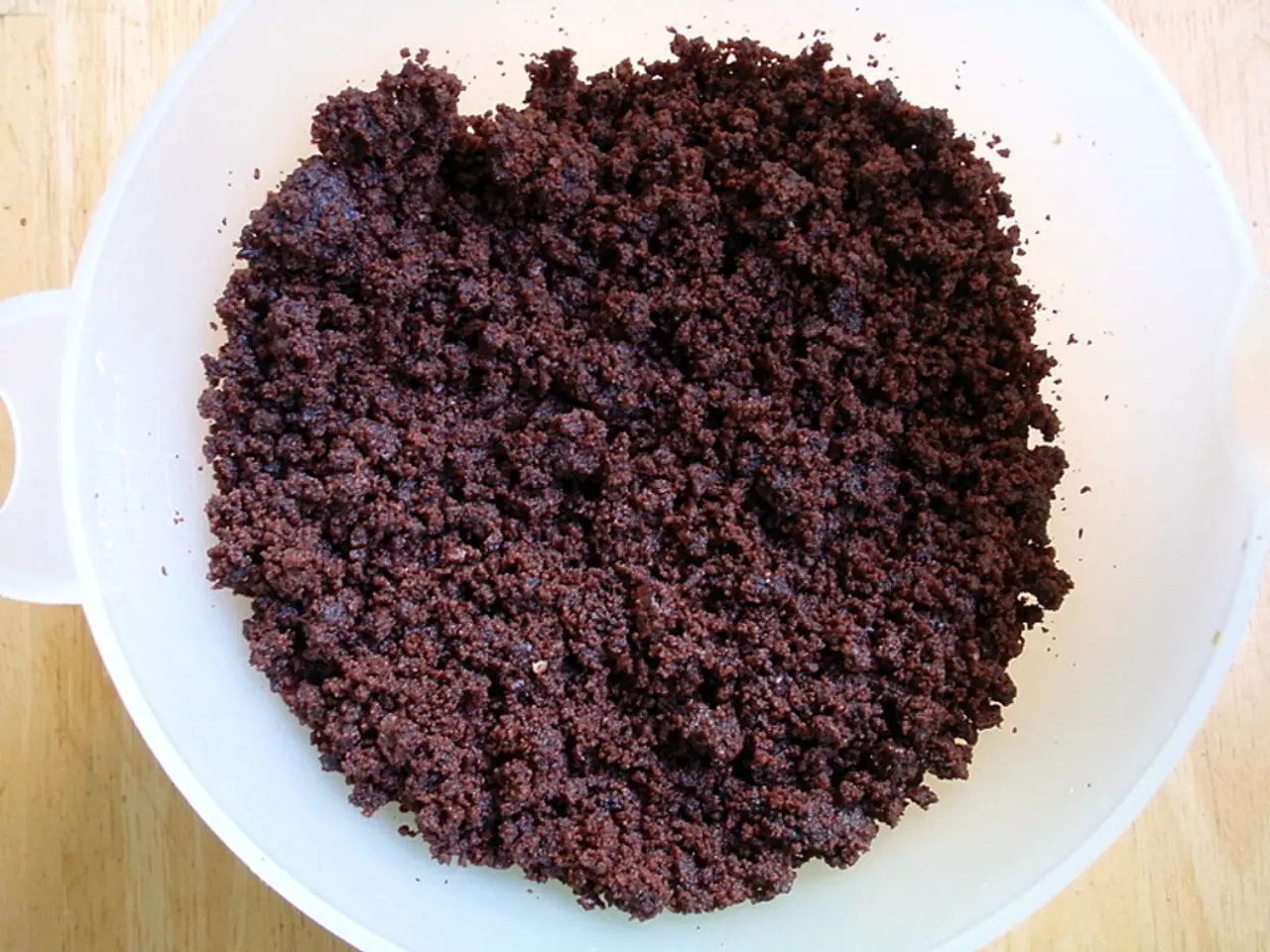Red, inflamed mucous membrane: Description, origin, indications, and remedies
Gastritis, colitis, proctitis, and anusitis are inflammatory conditions that affect different parts of the gastrointestinal (GI) tract. These conditions can be caused by a mix of bacterial, viral, and environmental factors.
Gastritis (stomach lining inflammation)
The most common cause of gastritis is bacterial, specifically Helicobacter pylori infection. Other causes include excessive alcohol consumption, use of nonsteroidal anti-inflammatory drugs (NSAIDs), bile reflux, smoking, stress, autoimmune diseases, HIV/AIDS, Crohn’s disease, celiac disease, and parasitic infections.
Colitis (inflammation of the colon)
Infectious causes of colitis include bacteria such as Clostridioides difficile, Salmonella, Shigella, and Escherichia coli species, viral infections like cytomegalovirus (CMV) or norovirus, inflammatory bowel diseases like ulcerative colitis and Crohn’s disease, long-term use of NSAIDs, ischemic injury, and radiation therapy.
Proctitis (inflammation of the rectum)
Proctitis can be caused by sexually transmitted infections like Chlamydia trachomatis, Neisseria gonorrhoeae, and Treponema pallidum, herpes simplex virus, inflammatory bowel disease such as ulcerative colitis or Crohn’s disease, radiation therapy to the pelvic area, certain chemical irritants, or trauma.
Anusitis (inflammation of the anus)
Anusitis is often caused by infections, similar to proctitis, but can also be triggered by viruses like herpes simplex, or underlying skin conditions like psoriasis or dermatitis.
Symptoms of these conditions can vary, but may include abdominal pain, watery diarrhea, fever, an urgent need to have bowel movements, blood in the stool, bloody mucus, pain during a bowel movement, constipation, fever, difficulty controlling urination and bowel movements, and pelvic pain.
Treatment for these conditions involves addressing the underlying health condition. For gastritis, this may include antibiotics, proton pump inhibitors, iron and vitamin B12 supplements, and stress management techniques. For colitis, treatment may involve addressing the underlying cause and managing symptoms with medications like corticosteroids and immunosuppressants.
If colitis is caused by a bacterial infection, the doctor may prescribe antibiotics, especially for people with immunosuppressive conditions like HIV. For proctitis and anusitis, the doctor may prescribe rectal 5-aminosalicylic acid treatment mesalamine (Apriso) or topical treatments like a gel or cream.
Some symptoms of these health issues require immediate medical attention, such as severe abdominal pain, fatigue, shortness of breath, becoming lightheaded, mucus or pus from the rectum, stool that is black or tarry or contains dark red blood, vomiting red blood or coffee grounds, and bleeding from the rectum.
Depending on the cause, colitis may improve without treatment, be recurrent, or become long-lasting (chronic). People with recurring, chronic colitis need lifelong monitoring. Ulcerative colitis is a risk factor for colorectal cancer and other colitis-associated cancers.
- In addition to bacterial infections, other causes of colitis include viral infections like cytomegalovirus, inflammatory bowel diseases such as ulcerative colitis and Crohn’s disease, long-term use of NSAIDs, radiation therapy, and certain skin conditions like psoriasis.
- Frequently, colitis can improve without treatment, but in some cases, it may be recurrent or develop into a chronic disease, necessitating lifelong monitoring.
- Ulcerative colitis, a type of inflammatory bowel disease, is associated with an increased risk of colorectal cancer and other chronic diseases.
- Workplace-wellness programs and maintaining a healthy lifestyle, including proper nutrition, fitness, and mental health care, can help manage these chronic diseases.
- Therapies and treatments for these conditions involve addressing the underlying health condition using antibiotics, proton pump inhibitors, rectal 5-aminosalicylic acid, or topical treatments like a gel or cream, depending on the specific ailment.
- Symptoms like stomach pain, watery diarrhea, blood in the stool, and pelvic pain may indicate a gastrointestinal condition like gastritis, colitis, proctitis, or anusitis, requiring immediate medical attention.
- In the case of immunosuppressive conditions, doctors may prescribe antibiotics to treat bacterial infections causing colitis, like Clostridioides difficile.
- Besides inflammatory bowel diseases, other colitis causes include respiratory conditions like HIV/AIDS, and digestive diseases like Crohn’s disease and celiac disease.
- Skin-care practices and addressing underlying skin conditions, such as psoriasis or dermatitis, are important in preventing and managing anusitis.
- Given their chronic nature, long-term health-and-wellness plans, including Medicaid coverage, may be essential to manage these medical conditions and maintain a good quality of life.




